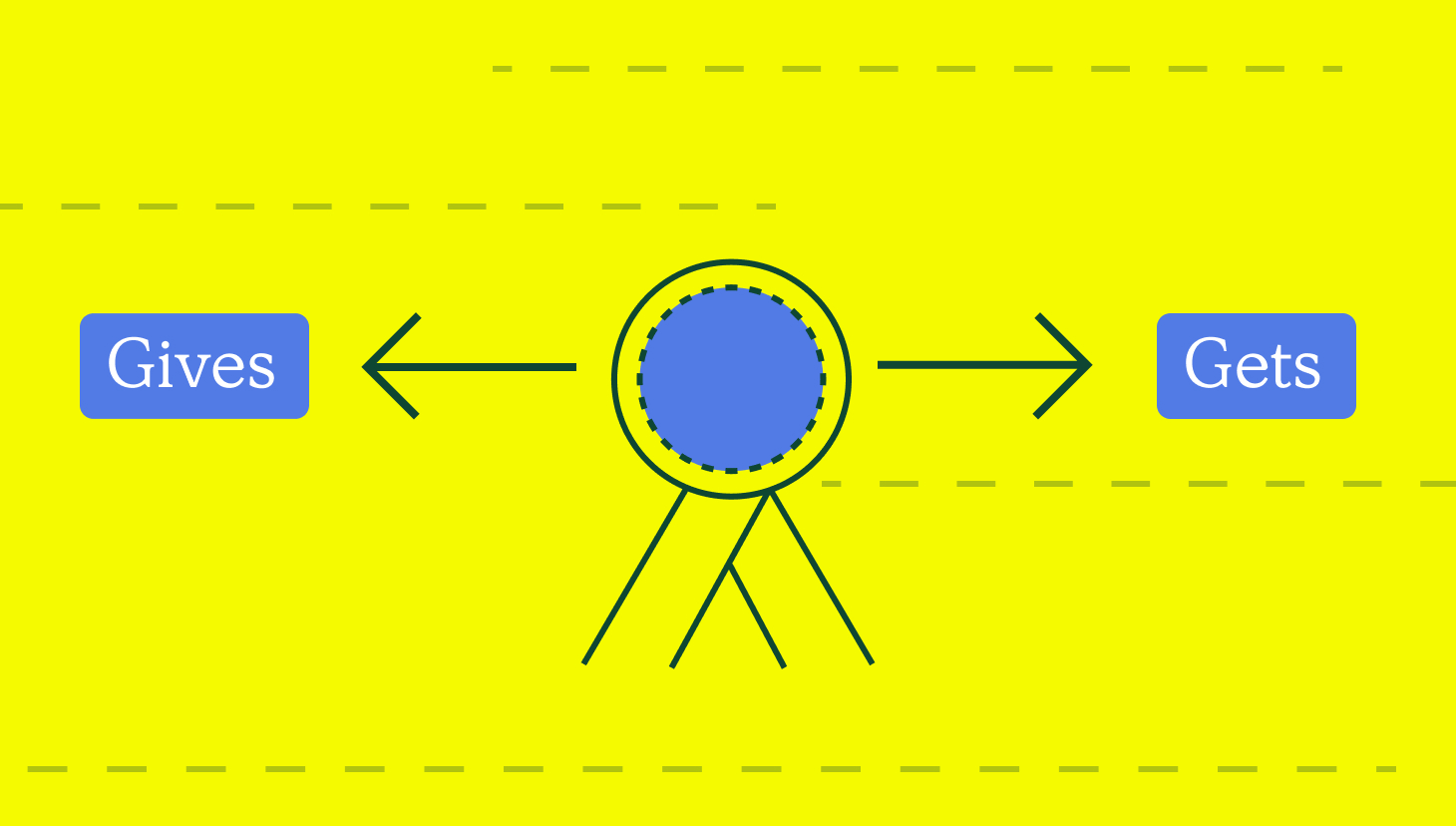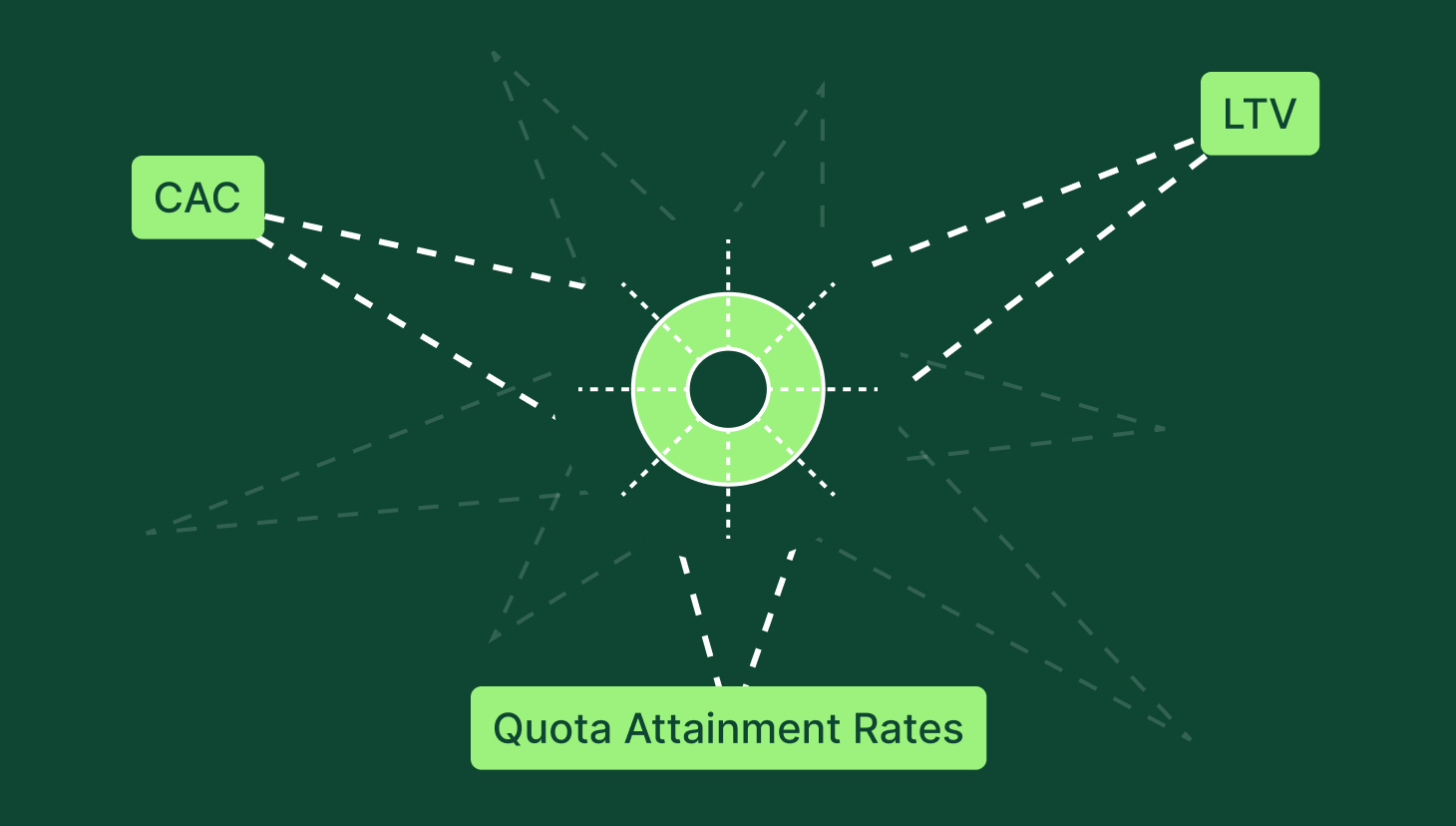For those of us with sales backgrounds, what feelings did you experience when your leadership introduced a new sales compensation plan?
Was it distrust?
Frustration?
Perhaps the jumpstart you needed to pursue a new job?
All of this is very common, especially when sales teams are blind-sighted by increased quotas, less support, and no explanation behind the logic of the changes.
According to our report, 97% of revenue leaders face challenges with their compensation plans, primarily due to plan design, communication, and management issues.
Sales reps often struggle with complex comp structures, and many don’t fully understand their earnings until three to six months into the plan. This lack of clarity and transparency can erode trust and reduce motivation across the team.
However, by following a structured, intentional approach, you can avoid these pitfalls and foster a rollout that improves morale and drives performance.
As you plan for next year, follow these five best practices to keep your team privy, inspired, and committed during a compensation plan rollout.
Solving the Biggest Sales Compensation Challenges
We surveyed over 450 Finance, RevOps, and Sales executive leaders across SaaS to identify the top pain points surrounding sales compensation in today’s market
See Report1. Involve Reps Early in the Process
Start by engaging your reps.
One of the most effective ways to secure buy-in from your team is to involve sales reps from the beginning.
By hosting rep feedback sessions or forming committees during the planning phase, leaders can gain insights into their motivations and identify potential issues before they arise. This collaborative approach will help you surface rep concerns before they snowball into a more significant issue and empowers them to feel a sense of ownership over the plan.
As former HubSpot CRO Mark Roberge noted, overlooking transparent communication and alignment can have severe consequences: he recalls how a company lost “10 amazing salespeople” due to a failed compensation plan rollout.
Early involvement helps ensure the plan resonates with your reps’ goals and mitigates the risk of disengagement.
2. Communicate Proactively and Clearly
Second, provide clear and consistent communication. This is a must to minimize confusion and build trust.
From initial announcements to the finer details of how the plan works, be proactive in explaining the mechanics of the new plan and the rationale behind its design. Utilize multiple channels—emails, town halls, Q&A sessions, and interactive discussions—to ensure that every team member understands how the plan benefits both the individual and the company.
Statistics back up the importance of transparency: 75% of sales reps report a lack of trust in their compensation structures.
When companies provide clear visibility into how earnings are calculated and projected, reps feel more confident, which can improve their motivation and performance.
3. Provide Ample Notice and Training
More on that proactive front — it’s super important to let your team know changes are coming, even if you don’t know what those changes are yet.
You could introduce changes in phases, allowing reps to digest the information and adjust their expectations. Start with a broad overview and then move into specifics, ensuring ample opportunity for questions and clarification.
Provide training sessions that cover plan mechanics, with practical examples and visual aids, to ease the transition.
As far as the timeline for announcing the launch of the new comp plan, most teams will do this during their Sales Kickoff (SKO), where alignment from the sales, finance, and HR teams sets the stage for successful adoption. This event also gives you the space to show how you’ll support reps with resources (more below), professional development, education, and more.
Calculate OTE:Quota ratios
Use this free calculator to ensure your reps’ on-target earnings and quotas mirror what they’re bringing in for the business.
Try it Now4. Offer Clear Tools and Resources
Also, consider equipping your team with the right tools to understand better what they are paid on, how much, and when.
Resources like FAQs, earnings calculators, and examples illustrating various earning scenarios empower reps to understand how their work translates to compensation.
You could also enlist the help of a platform like QuotaPath to offer real-time tracking and insights into commission calculations, enabling reps to stay engaged with their sales performance metrics.
5. Collect Feedback Post-Launch
Lastly, remember that feedback after the rollout is just as important as the feedback leading up to a new plan.
To ensure ongoing alignment, gather feedback from your reps post-launch to identify any issues and areas for improvement. Regular surveys, one-on-ones, and data analysis on compensation performance—such as quota attainment and motivation levels—can reveal whether adjustments are needed.
Establishing feedback loops helps refine the plan, reinforces transparency, and demonstrates that leadership is committed to creating a fair and motivating compensation structure even as the company goals evolve.
Streamline commissions for your RevOps, Finance, and Sales teams
Design, track, and manage variable incentives with QuotaPath. Give your RevOps, finance, and sales teams transparency into sales compensation.
Talk to SalesCommunicate. Build trust. Profit.
A well-executed compensation plan rollout can strengthen trust, boost morale, and drive performance.
By involving reps early, communicating transparently, providing adequate training, equipping the team with resources, and gathering feedback post-launch, you set the stage for a successful implementation. Tools like QuotaPath offer essential support in managing these components, ensuring your comp plan aligns with broader business objectives and keeps reps motivated to hit their goals.
For those looking to streamline their comp plan rollouts and maintain alignment with growth targets, QuotaPath offers the tools and expertise to guide your process. Schedule time with our team to learn how QuotaPath can support your compensation strategy and create a winning culture for your sales team.



